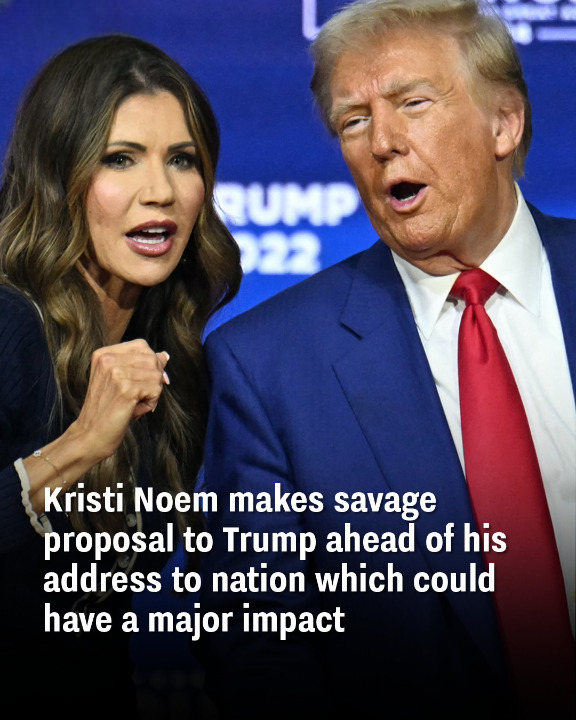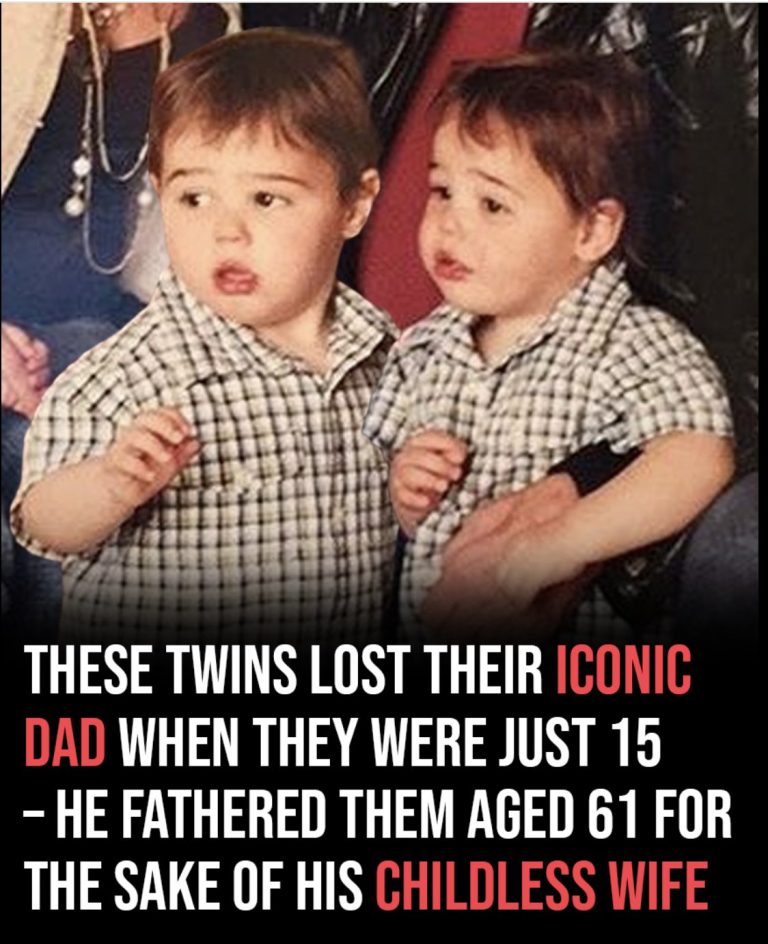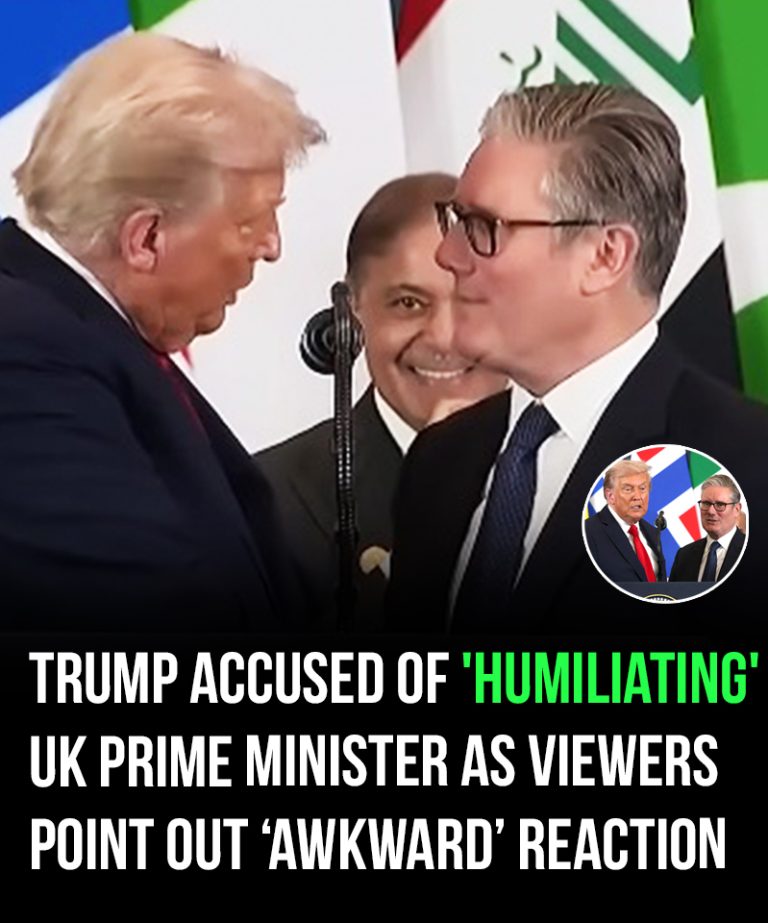Kate Middleton left ‘mortified’ by dad’s awkward comment during Wimbledon appearance
Here’s a concise 250-word paraphrase in seven paragraphs:
President Trump’s push to end birthright citizenship has ignited debate about his own children’s citizenship status. The proposed executive order, signed in January, would require at least one parent to be a U.S. citizen or permanent resident for automatic citizenship. Currently, the 14th Amendment grants citizenship to anyone born on U.S. soil.
The policy primarily targets children of undocumented immigrants and temporary visa holders. While currently blocked by legal challenges, a recent Supreme Court ruling could allow partial implementation in some states by July’s end. This has sparked constitutional debates about the 14th Amendment’s protections.
Social media users highlighted that Trump’s first three children were born when Ivana wasn’t a citizen, and Barron was born before Melania’s naturalization. Critics suggest this makes his family beneficiaries of the system he now seeks to change.
However, defenders note Trump was a citizen and both wives held green cards during these births – meaning his children would still qualify under the proposed rules. This distinction reveals complexities in immigration policy.
The debate reflects America’s ongoing immigration tensions. Supporters argue it prevents “birth tourism,” while opponents view it as attacking immigrant rights. Legal experts note the order still faces significant constitutional hurdles.
Trump’s personal history has become central to the discussion, with critics calling it hypocrisy. Yet the proposed changes wouldn’t actually affect situations like his family’s, where one parent was a citizen.
As legal battles continue, the controversy highlights how personal narratives intersect with national policy debates. The outcome could redefine American citizenship principles established over 150 years ago.




